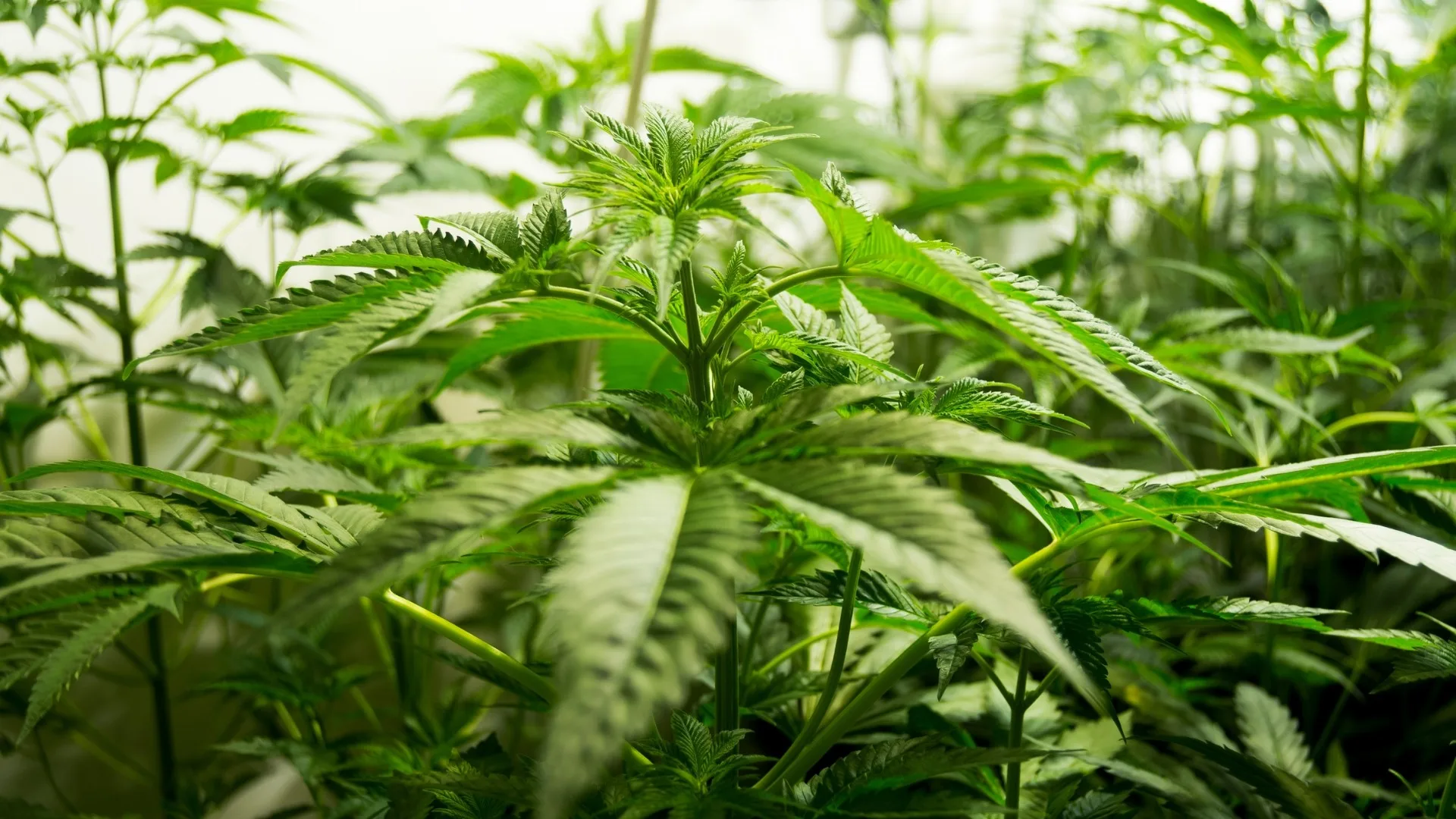Pregnancy is a crucial period of development for both the mother and the unborn baby. It is widely known that smoking tobacco during pregnancy can have detrimental effects on fetal health. However, there is also growing concern about the impact of smoking marijuana during pregnancy.
Let’s explore the potential risks and effects of smoking marijuana at different stages of pregnancy on the developing baby.
Overview of Marijuana Use During Pregnancy
Marijuana, also known as cannabis, contains several chemical compounds, with delta-9-tetrahydrocannabinol (THC) being the most well-known psychoactive component. The use of marijuana during pregnancy has become more prevalent in recent years. However, research regarding the effects of marijuana on fetal development is still limited.
1. Early Pregnancy (First Trimester)
During the first trimester, the fetus undergoes critical stages of organogenesis, making it particularly vulnerable to external influences. Although research on the direct effects of marijuana on early pregnancy is limited. Studies indicate that marijuana use during this stage may increase the risk of miscarriage. Furthermore, THC can cross the placental barrier. This potentially affect the early development of the fetal brain and other vital organs. Therefore, it is advisable to abstain from marijuana use during the first trimester.
2. Mid-Pregnancy (Second Trimester)
The second trimester is a period of rapid growth and development for the fetus. At this stage, marijuana use can have various adverse effects on the baby. The use of marijuana during pregnancy has been associated with a higher risk of low birth weight. It can lead to numerous health complications for the newborn.
Moreover, THC can disrupt the endocannabinoid system, which plays a crucial role in brain development. This disruption may lead to cognitive and behavioral problems in the child later in life.
3. Late Pregnancy (Third Trimester)
During the third trimester, the fetus continues to develop, particularly in terms of weight gain and organ maturation. Smoking marijuana during this period can have significant consequences.
One of the most concerning effects is a potential reduction in oxygen supply to the fetus. This is due to the carbon monoxide and other toxic substances present in marijuana smoke. Oxygen deprivation can lead to growth restriction, preterm birth, and an increased risk of stillbirth.
4. Neurodevelopmental Effects
The developing brain is highly susceptible to the effects of THC. Studies have shown that prenatal exposure to marijuana can affect neurodevelopment. This leads to long-term cognitive and behavioral issues in children.
Some of these effects include a decrease in attention span, impaired memory, and executive functioning. This also increased the risk of hyperactivity and impulsivity.
5. Other Health Risks
Breastfeeding and Postnatal Exposure
THC can transferred to the baby through breast milk. It raises concerns about the potential impact of marijuana use during breastfeeding. Studies suggest that exposure to THC through breast milk may affect the infant’s neurodevelopment and cognitive function. Therefore, it is recommended to avoid marijuana use while breastfeeding.
In addition, Marijuana use during pregnancy is associated with an increased risk of other health issues. These include an elevated risk of respiratory problems in the infant, such as wheezing and asthma. As well as an increased likelihood of the child developing behavioral and psychiatric disorders, such as anxiety and depression.
All in all, it poses risks to the developing baby at all stages of pregnancy. From early pregnancy through late pregnancy, marijuana use is associated with complications. The complications are miscarriage, low birth weight, cognitive impairments, respiratory problems, and an increased risk of behavioral and psychiatric disorders.
Note: This article aims to provide general information and should not be considered a substitute for professional medical advice. Pregnant individuals should consult with their healthcare provider for personalized guidance. We do not claim or endorse the use of marijuana. Please consult with a healthcare professional for personalized advice.











I am sure this post has touched all the internet people, its really really nice paragraph on building up new weblog.